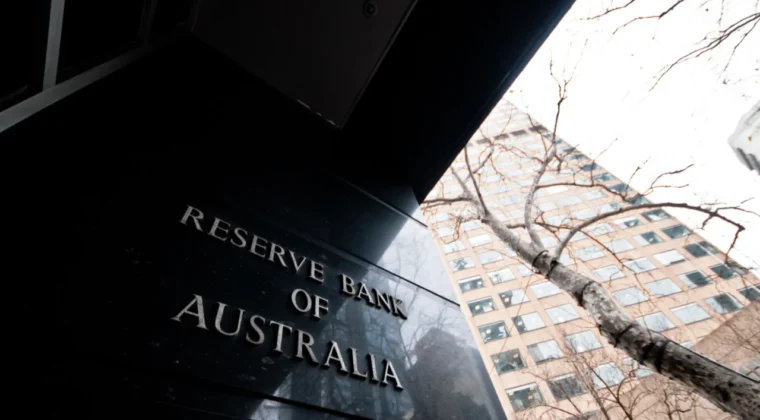-
- Trading Platforms
- PU Prime App
- MetaTrader 5
- MetaTrader 4
- PU Copy Trading
- Web Trader
- PU Social
-
- Trading Conditions
- Account Types
- Spreads, Costs & Swaps
- Deposits & Withdrawals
- Fee & Charges
- Trading Hours


In June, U.S. services sector activity plunged to its lowest level in four years, driven by a significant decline in new orders. This concerning trend suggests a potential slowdown in economic momentum would likely spill over to the second half 2024. The Institute for Supply Management reported that its non-manufacturing purchasing managers (PMI) index fell to 48.8, the lowest since May 2020, down from 53.8 in May. This marks the second instance this year where the PMI has fallen below the critical 50 threshold, signaling a contraction in the services sector. The sharp drop in the PMI index could be a forewarning of broader economic challenges ahead. With consumer demand waning and businesses cutting back on spending, it is likely the number could see a further drop in the upcoming data.
During its June policy meeting, the Reserve Bank of Australia (RBA) maintained the interest rate at a 12-year high of 4.35% for the fifth consecutive meeting, emphasizing the importance of vigilance regarding inflation. After falling for five consecutive quarters to less than half of its 7.8% peak, inflation in Australia slightly climbed in the June quarter, from 3.6% to 3.8% for the year to June. With such a concerning rebound in inflation, the RBA is expected to at least maintain the interest rate at a restrictively high level, while the possibility of a further rate hike is not ruled out.
In the US, Initial applications for unemployment benefits surged to their highest level in nearly a year, indicating a slowdown in the labor market. For the week ending July 27, initial claims rose by 14,000 to 249,000, as reported by the Labor Department on Thursday. This figure exceeded the median estimate of 236,000 from a survey of economists. Also, Federal Reserve Chair Jerome Powell highlighted that there are increasing risks to the labor market, noting that job growth has moderated and the unemployment rate has moved up. With that, the US job market is expected to remain fragile in the near term.
The preliminary German inflation CPI data for July, with a consensus of 0.3% month-on-month, shows a slight risk of being sticky at 0.3%, based on German regional CPI reports. The slight increase in German inflation not only highlights the stickiness of inflation but also suggests that a September rate cut is not a certainty. With that, the German CPI for July is anticipated to remain sticky, which could urge the European Central Bank (ECB) to take a step back from a rate cut.


Trade forex, indices, metal, and more at industry-low spreads and lightning-fast execution.
Sign up for a PU Prime Live Account with our hassle-free process.
Effortlessly fund your account with a wide range of channels and accepted currencies.
Access hundreds of instruments under market-leading trading conditions.